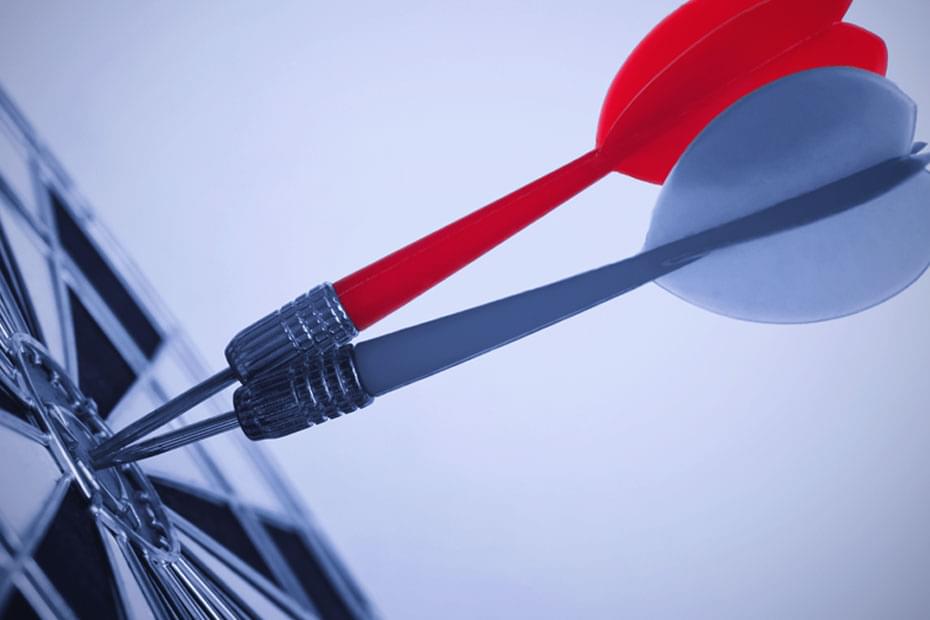Account Matchmaker: Should You Get a Chequing Account, Savings Account or Both?

Published April 18, 2017 • 3 Min Read
Chequing Accounts
Chequing accounts are the workhorses of the banking world. They’re meant for everyday transactions – which means they’re perfect for direct depositing your paycheques into, using your debit card, and paying your bills . Chequing accounts often come with a monthly fee, but that is sometimes waived if you keep a minimum balance. They also offer more free or low fee transactions than you would get with a savings account – whether you’re depositing money, transferring it, taking it out from an ATM, writing a cheque, or sending an e-transfer. But before you start using your transactional privileges with wild abandon – make sure to read the fine print. Just because chequing accounts have fewer transaction fees, doesn’t mean they all have unlimited transactions. Most only offer a limited number of free transactions per month, so you may need to minimize your monthly transactions to stay within the limit. Another downside of chequing accounts is that they usually don’t pay interest on your deposits.Savings Accounts
If you were a squirrel storing your acorns for winter, you would probably want to put them in a savings account. Savings accounts were made for just that: putting away funds you want to hold onto. A chief benefit of a savings account is that you earn interest on the money deposited. With higher interest rates than traditional chequing accounts, but fewer free transactions, savings accounts can be the perfect place to park your emergency fund or to save for a dream vacation. Some banks will even offer you a higher rate of return if you keep a minimum balance in your account. Savings accounts are usually free, although some charge a low monthly fee. While it can be easy to transfer money from your savings accounts to your chequing account, some banks limit how many free transactions you can make a month. You will also likely pay higher fees on any transactions you make.One of Each
Who says you need to choose? Many people benefit from having both savings and chequing accounts, but make sure you’re using them to best suit your needs. For example, it makes sense to keep the money you need on a monthly basis in your chequing account and transfer any additional money into your savings account. Not only will that help you separate the savings for your dream trip to Bora Bora from your monthly bills, but it can also help maximize your money by earning interest each month. When you’re ready to head off to Bora Bora and need to use that savings, you can easily transfer it back into your chequing account and use it to buy your tickets! By using these two types of accounts in tandem, you can get the best of both worlds.This article is intended as general information only and is not to be relied upon as constituting legal, financial or other professional advice. A professional advisor should be consulted regarding your specific situation. Information presented is believed to be factual and up-to-date but we do not guarantee its accuracy and it should not be regarded as a complete analysis of the subjects discussed. All expressions of opinion reflect the judgment of the authors as of the date of publication and are subject to change. No endorsement of any third parties or their advice, opinions, information, products or services is expressly given or implied by Royal Bank of Canada or any of its affiliates.
Share This Article





